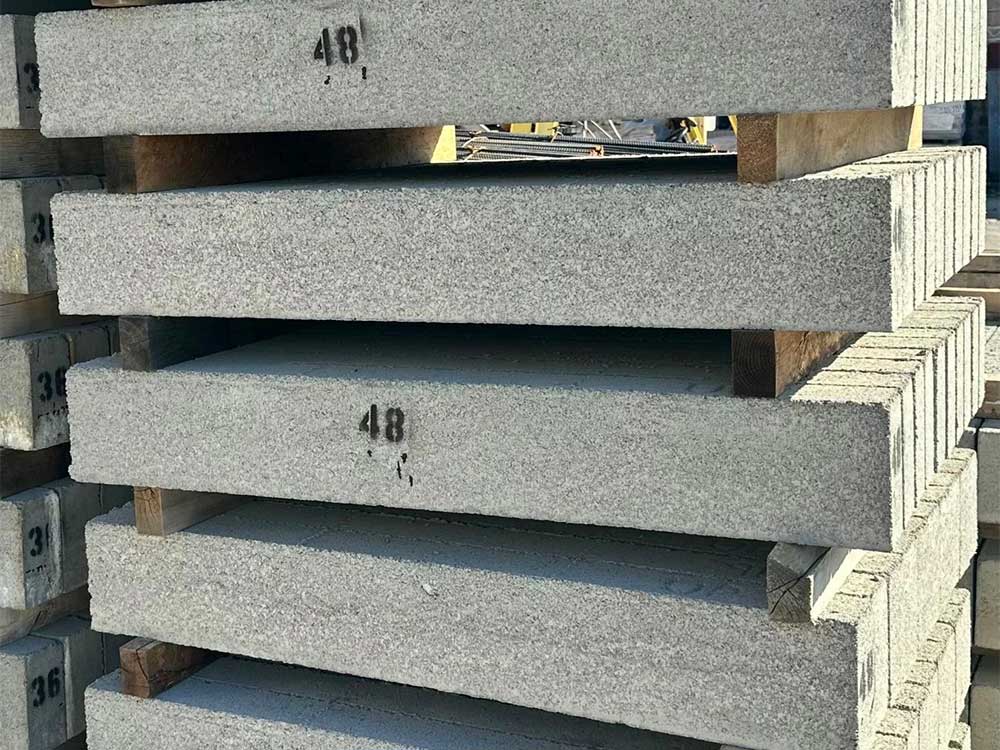Why Do You Need A Lintel Above Your Fireplace?
Fireplaces are not just sources of warmth and comfort; they also serve as focal points within a home’s interior. Behind the scenes, a crucial element ensures both safety and structural integrity – the fireplace lintel. In this exploration, we discuss the reasons why having a lintel above your fireplace is more than just a matter of visual and architectural interest.
Understanding Fireplace Lintels
- Structural Support
The primary purpose of a fireplace lintel is to provide essential structural support. Positioned horizontally above the fireplace opening, the lintel bears the load of the masonry above, preventing potential structural issues caused by the intense heat generated during combustion. This vital component ensures that the weight is evenly distributed, maintaining the fireplace’s stability over time.
- Thermal Expansion Management
Fireplaces generate high temperatures, leading to thermal expansion of the surrounding materials. A well-designed lintel helps manage this expansion, preventing potential cracks or damage to the masonry. This ensures the longevity of your fireplace and minimizes the risk of costly repairs in the future.
Safety Measures
- Fire Protection
Beyond its structural role, a fireplace lintel plays a crucial part in fire protection. This protective barrier is fundamental in averting the risk of fire spreading to structural components. By absorbing and dispersing the heat generated during combustion, the lintel acts as a frontline defense mechanism, reducing the potential for a fire hazard within the confines of your home. The fireplace lintel not only ensures structural stability but also bolsters the overall safety of your living space.
- Prevention of Smoke Seepage
Properly installed lintels also aid in preventing smoke seepage into the surrounding walls. This ensures that the byproducts of combustion are directed up the chimney, maintaining indoor air quality and preventing potential damage to the structure over time.
Aesthetics and Design
- Architectural Enhancement
While primarily functional, fireplace lintels also contribute to the aesthetics of your living space. Carefully chosen lintel designs can enhance the overall architectural appeal of your fireplace, adding a touch of sophistication to the room. Whether opting for a traditional, ornate lintel or a sleek, modern design, this element becomes an integral part of the overall interior design.
- Customization Possibilities
Fireplace lintels offer a realm of customization possibilities. From different materials like stone, concrete, or steel to varied designs and finishes, you can tailor the lintel to complement your unique style and interior décor. This customization ensures that your fireplace becomes a personalized focal point, reflecting your taste and enhancing the visual appeal of your home.
Why Choose Ernest Maier for Your Fireplace Lintel Needs
As you consider the importance of a lintel above your fireplace, trust Ernest Maier’s expertise for your construction supply needs. Our family of companies goes beyond conventional offerings, providing top-notch fireplace lintels alongside a comprehensive range of construction materials. Choose Ernest Maier as your single source for crafting a warm, safe, and aesthetically pleasing home. Elevate your fireplace experience with Ernest Maier, where excellence meets innovation in every aspect of your construction project.

Sales- Lintel and RebarDoug Clarke
Latest News
4 Features That Makes Masonry Supply Company Stand Out
A masonry supply company plays a crucial role in the success of construction projects, providing essential materials and expertise to […]

Choosing The Right Size Lintel For Your Project
Determining the correct size of a lintel is critical for the stability and longevity of your construction project. A lintel […]

Data Misses on Embodied Carbon
There is significant urgency to avoid, reduce, or even reverse the emissions of greenhouse gases (CO2e) to avoid the worst […]

4 Masonry Tools You Should Have At Home
Effective and efficient masonry work, whether for repairs or new projects, requires the right tools. At home, having a basic […]
